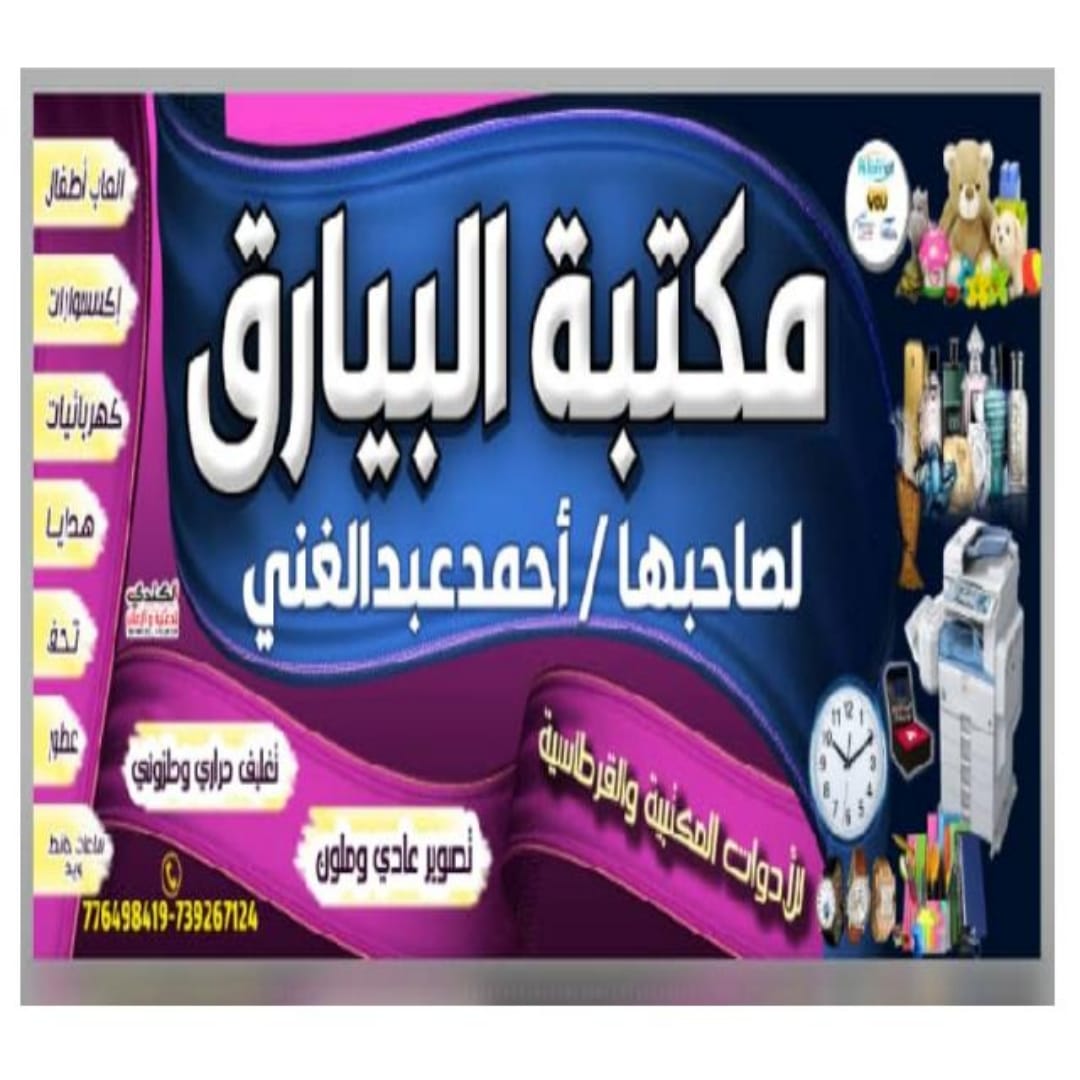It revealed by numbers the extent of the great disregard..and reached conclusions that confirm its response to political pressures when it comes to the Muslim Brotherhood in Yemen
A recent study in numbers revealed the great media disregard shown by the Saudi channels, Al-Arabiya and Al-Hadath, in their various press coverage, to the Southern Transitional Council, one of the most prominent Yemeni parties struggling alongside the coalition led by the Kingdom of Saudi Arabia in Yemen, despite its recent broadcast of an exclusive interview with the president Council, Aidarous Al-Zubaidi.
The research study - issued by the South24 Center for News and Studies, on Tuesday, analyzed more than 1,700 press materials for the two channels published on the YouTube platform. Al-Yamani in talk shows, and meetings dedicated to Yemeni officials in this regard.
Al Arabiya satellite channel is the most important news channel in the Saudi Middle East TV group, and the most important channel in the Saudi news channel group. It is also an integral part of the Saudi media network. So far, its official headquarters is located in Dubai in the United Arab Emirates, and its first broadcast was launched in 2003. Recently, Al-Arabiya and Al-Hadath began transferring part of its broadcast hours from Dubai to Riyadh, as part of a plan that may take up to two years to complete the transfer process, according to to Reuters.
Despite the long hours that Al-Hadath channel dedicates daily to covering the news of Yemen and discussing the Yemeni file, the presence of the Southern Transitional Council in this coverage may be non-existent, except in rare cases. If attended, it is mostly linked to the Riyadh Agreement, as the study concluded.
According to a graph drawn up by the study, the size of the Southern Transitional Council was mentioned in four major prominent programs broadcast by Al-Arabiya channel, (Zero).
The study claimed that the Saudi media policy maker acknowledged the Muslim Brotherhood's control over Yemeni legitimacy, while it suggested that the channel was subject to political pressures on it, in its coverage of the role of the Muslim Brotherhood movement in Yemen (the Yemeni Congregation for Reform Party), especially after deleting Four questions from an exclusive television interview with the head of the Southern Transitional Council, which included sharp criticism of the group.
The study was prepared, as the researcher says, "using the analysis methodologies: (Critical Discourse Analysis) and (Content Analysis), which are two approaches used by the largest research centers in analyzing discourse and media content, television in particular. In addition to the methodology of ( Conversation Analysis), which the researcher used in particular to analyze the interview of the President of the Southern Transitional Council, Aidarous Al-Zubaidi, with Al-Hadath channel, on January 20.
Despite this, the study found that there is a noticeable openness in the policy of the two Saudi channels towards the Southern Transitional Council, especially after the Zubaidi interview. And if she saw that the interview also came with the aim of "marketing the position of the Transitional Council on the war on Al-Houthi in the media, coinciding with the coalition's field efforts in Yemen."
On the nature of some of the questions that the channel posed to Al-Zubaidi, the study said that “it is possible for an observer of political and military developments in southern Yemen to understand [them], that a conviction has begun to form in the media community that the Southern Transitional Council has become a reliable force, and that it can play a role.” It is also important in securing the southern maritime borders of Yemen and Bab al-Mandab.
The researcher reached several conclusions that explain how the Al-Arabiya and Al-Hadath channels deal with news related to the Southern Transitional Council, and the form in which the Council is present on their screens.
Most notable conclusions:
• Although Al-Hadath channel devoted special coverage to the Yemeni file daily, with all its contradictions, under the name (Al-Hadath Al-Yemeni), which includes (536) videos on its YouTube channel until 6:07 pm on 12/13/2021. However, there are only (two rings) between them that include the words (Transitional) and (Southern Transitional), which refer to the Southern Transitional Council.
• Although the above two episodes referred to the Southern Transitional Council in their titles, they did not talk about it except through the implementation of the Riyadh Agreement only.
• Al-Hadath TV hosts, within its program (Al-Hadath Al-Yemeni), guests from the northern Yemeni governorates, not from the southern governorates, to talk about the Riyadh Agreement. The debate often brings out the northern view that is not satisfied with the STC in some way.
Al-Arabiya and Al-Hadath channels view the Southern Transitional Council from one angle only, which is the Riyadh Agreement, which was sponsored by Saudi Arabia, and its implementation mechanism.
• Despite the long hours that Al-Hadath channel dedicates daily to covering Yemen's news and discussing the Yemeni file, the Southern Transitional Council's presence in this coverage may be non-existent, except rarely. If attended, it is mostly linked to the Riyadh Agreement.
• The name (the Southern Transitional Council) has been absent from the headlines of news and news episodes on Al-Arabiya channel, except in rare cases.
Al-Arabiya and Al-Hadath channels did not host analysts or political or military figures in private interviews or during the hours of coverage of the Yemeni file to talk about the Southern Transitional Council in its capacity and personality.
Al-Arabiya and Al-Hadath channels did not dedicate any of their talk shows to talk about the Southern Transitional Council as a Yemeni political and military component.
Al-Arabiya and Al-Hadath channels do not host any local politicians or figures affiliated with the Southern Transitional Council as part of their daily coverage of the Yemen file, except in rare cases.
• The three southern politicians hosted by Al-Arabiya channel (Al-Attas, Bin Mubarak and Yassin) did not talk about the Southern Transitional Council as the most effective party in the south, and they only talked about the legitimate government's point of view.
• It is noticeable that two of the three southern politicians hosted by Al-Arabiya in private interviews (Al-Attas and Bin Mubarak) differ in many visions and positions with the Southern Transitional Council, most notably regarding the position on Yemeni unity.
• Al-Arabiya TV hosted Haider Abu Bakr Al-Attas in its program (The Political Memory) to talk only about his political memories before and after the union. This appearance, which reminded of some historical crises in the former state of the south, coincided with the Southern Transitional Council's launch of the so-called "Southern Dialogue", and the publication of these meetings at the time sparked widespread criticism.
Al-Arabiya TV hosted the Yemeni Prime Minister, Maeen Abdul-Malik, in its program (A Direct Question) to talk only about the Riyadh Agreement from the point of view of the legitimate government, while the second party was absent from the agreement.
Al-Arabiya and Al-Hadath channels are concerned with the job description of the political and military analysts who look at their screens. As all the analysts hosted by the two channels often enjoy a prestigious job in the legitimate government, for example (adviser).
• By identifying the governmental function of the guests of the two channels, it is clear that Al-Arabiya and Al-Hadath channels are not interested in hosting independent Yemeni political and military analysts, who are not affiliated with the legitimate Yemeni government. Thus, the Yemeni political and military analysis remains only in the orbit of the legitimate government's viewpoint, which is radically different with the Southern Transitional Council and even with the Houthis.
• It seemed that the main objective of the television interview with the President of the Southern Transitional Council, Aidarous Al-Zubaidi, was to try to market the STC's position on the war against Al-Houthi in the media, coinciding with the coalition's field efforts in Yemen.
• It seems that Al-Hadath TV has a preconceived position that the Transitional Council plays a negative role in uniting the Yemeni ranks to confront the Houthis.
• There is an acknowledgment by the Saudi media policy maker that the "Muslim Brotherhood" controls Yemeni legitimacy. The announcer called them a "dangerous enemy."
• The removal of Al-Hadath channel from its YouTube page four questions from Al-Zubaidi's interview, which dealt with the role of the "Muslim Brotherhood", calls into question the professionalism of the media channel, and shows its response, most likely, to higher political pressures.
To download the full study in PDF format (from here)
https://south24.net/news/docs/Arabia_TV_STC_Ar.pdf


